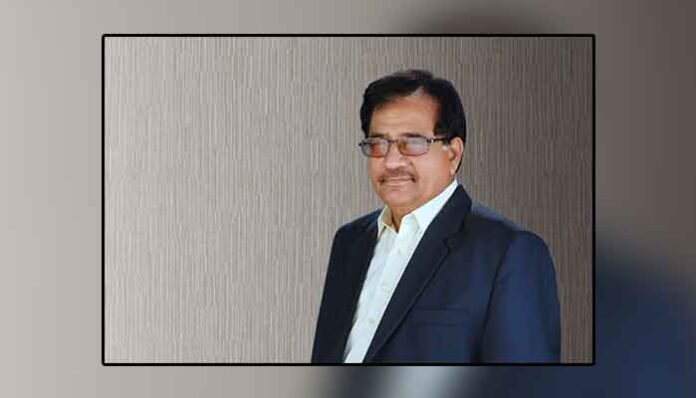In the early 1980s, as he carried banners of the Lakson Tobacco Company on his motorbike through the dusty roads of Lahore, Chaudhry Abdul Jabbar must have looked indiscernible from the sea of daily wage workers carrying their logistical loads all over the city.
But this young man had a unique vision and purpose that set him apart from his many peers in the rat race that is urban life. Over the course of the 1980s and 90s, he would come to dominate the world of on-air advertising and become a powerhouse in Pakistan’s media. A man who came to be known by the name thaikaydar.
To those in the media fraternity, Jabbar Thaikaydar was a household name. He was the person that changed how business was done in Pakistani media. To most outside the media business, he was a largely unknown figure, and the news of his passing on the 11th of November this year will not have been noticed beyond a glance.
Yet how did this young man from Sahiwal come to be one of the most powerful people in the media business in Pakistan? Profit looks back at the life of this self-made rural man who turned dust and stones into gold.
The kid from Sahiwal goes to Lahore
It is a story as typical as they come. Right after completing his intermediate exams, Abdul Jabbar left his hometown Sahiwal to earn a better means of income in the city of Lahore. Once in the provincial capital, he found himself involved in the advertising business.
To read the full article, subscribe and support independent business journalism in Pakistan
The content in this publication is expensive to produce. But unlike other journalistic outfits, business publications have to cover the very organizations that directly give them advertisements. Hence, this large source of revenue, which is the lifeblood of other media houses, is severely compromised on account of Profit’s no-compromise policy when it comes to our reporting. No wonder, Profit has lost multiple ad deals, worth tens of millions of rupees, due to stories that held big businesses to account.
Hence, for our work to continue unfettered, it must be supported by discerning readers who know the value of quality business journalism, not just for the economy but for the society as a whole.





Very very informative. Jabbar saheb was really a humble and down to earth man.in my long association ,he never punished any employee on his wrong doing.The greatest beneficiary was Mr.Baig Ex Md pTV.He knowingly given a great loss to Jabbar saheb in executing Ramzan Transmission deal with Groupm on behalf of SSI.
I wanted to thank you for this great read!! I definitely enjoying every little bit of it I have you bookmarked to check out new stuff you post.
온라인 카지노
j9korea.com/